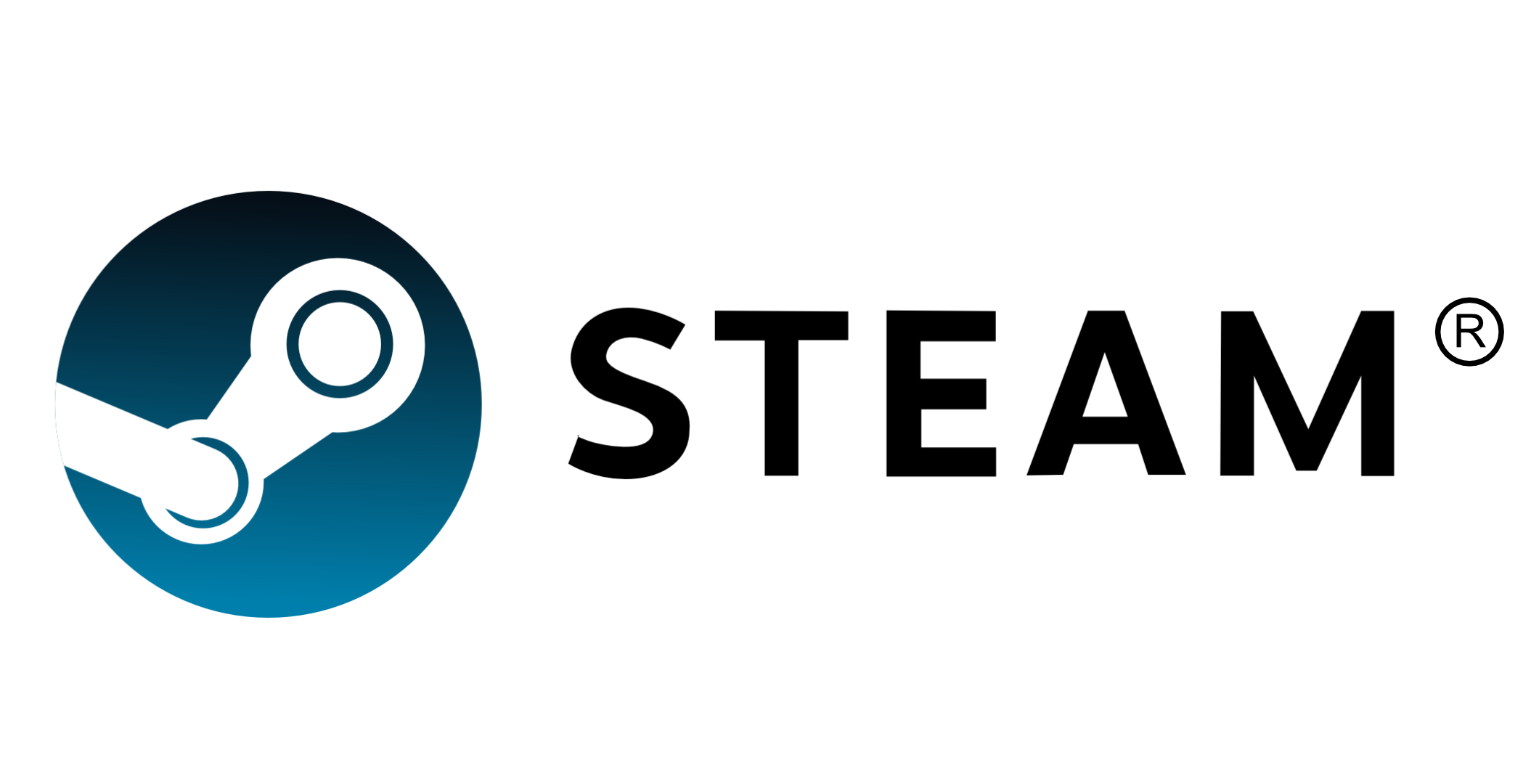It’s Steam’s Next Fest again which functions as a nice way to see some upcoming games that might be cool as well as a reminder of how difficult it is to actually use Steam for the purposes of browsing and discovering content. This isn’t about the downloading and playing of games which is mostly fine as far as things go, but rather the store side of things. The browsing experience. The layout. The usability. It’s bad.
Straight at the top of Next Fest page is an autoplaying video that plays automatically and is not even paused at all. Scroll down and you’ll see games. According to the sidebar, there’s 2,644 entries for the Next Fest of June 2025. Scrolling down and counting out, you’ll get fifty entries listed before needing to click a button that says “show more,” which will show another fifty, then you’ll need to click again, show more, another fifty…
If you wanted to see all of the Next Fest games you would need to do this fifty-three times. If you leave the tab or need to refresh or restart or whatever, you’ll have to start over from the beginning. Scroll, scroll, scroll, click, scroll, scroll, scroll, click. Where were you? Did you check that game already? Oh no, you clicked on a game without holding down the control key. Back to the beginning for you. Scroll, scroll, scroll, click.
There are no page numbers here. There are no cookies remembering how far you were. All you know now is scroll and click. How long have you been scrolling and clicking? Hours? Years? Is that the sound of the scroll wheel or you grinding your teeth? How many tabs have you opened now? And suddenly… no “show more button!” A brief sense of accomplishment before you realize… No… That was fifty games at a time and you clicked the button maybe ten times? That’s… That’s not even all the games! Where are the rest of the games!? You promised me the games you sadistic bastard! You stand up and shake the monitor, an innocent bystander in all of this. You crumple to the floor, defeated, in a pool of your own tears.
Or you just get annoyed at the whole process and write a blog post.
Steam, you are the number one most popular video game selling website store people from what people go and done got their games. There’s no excuse for this shit. Make it better. Make it all better. You have the power to make it better, and you’re choosing not to! What are you doing with all of that money!?



